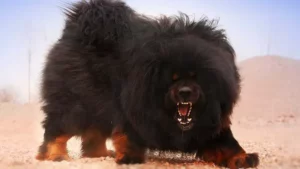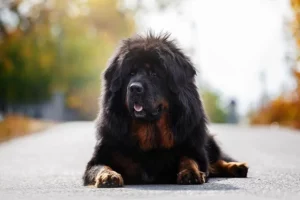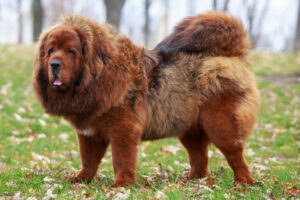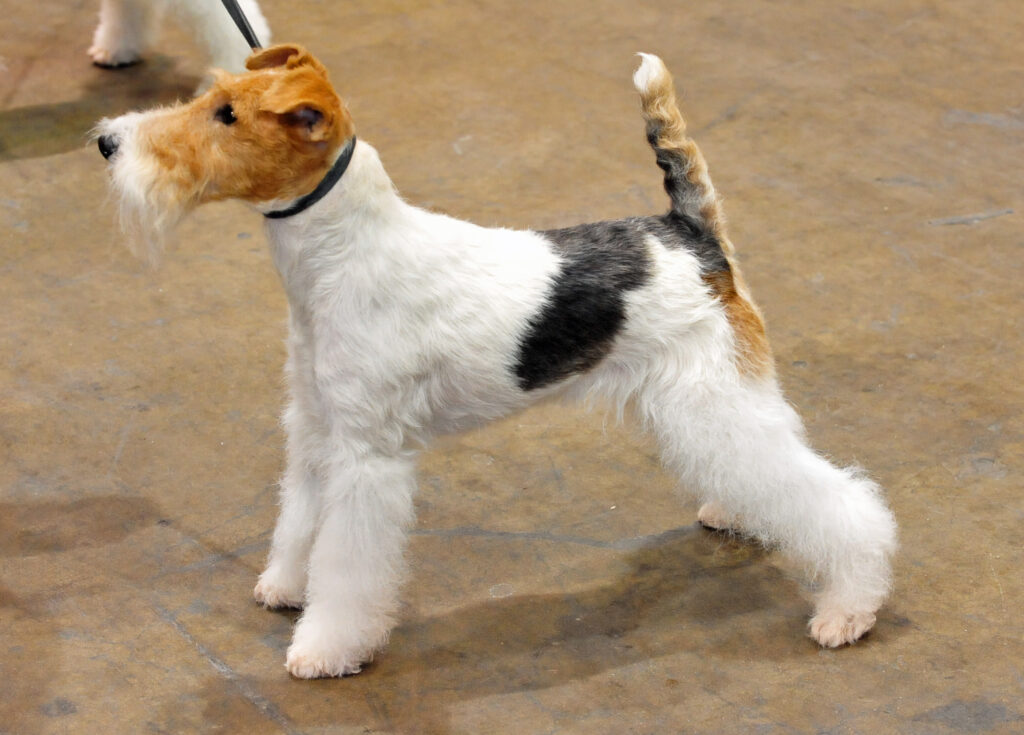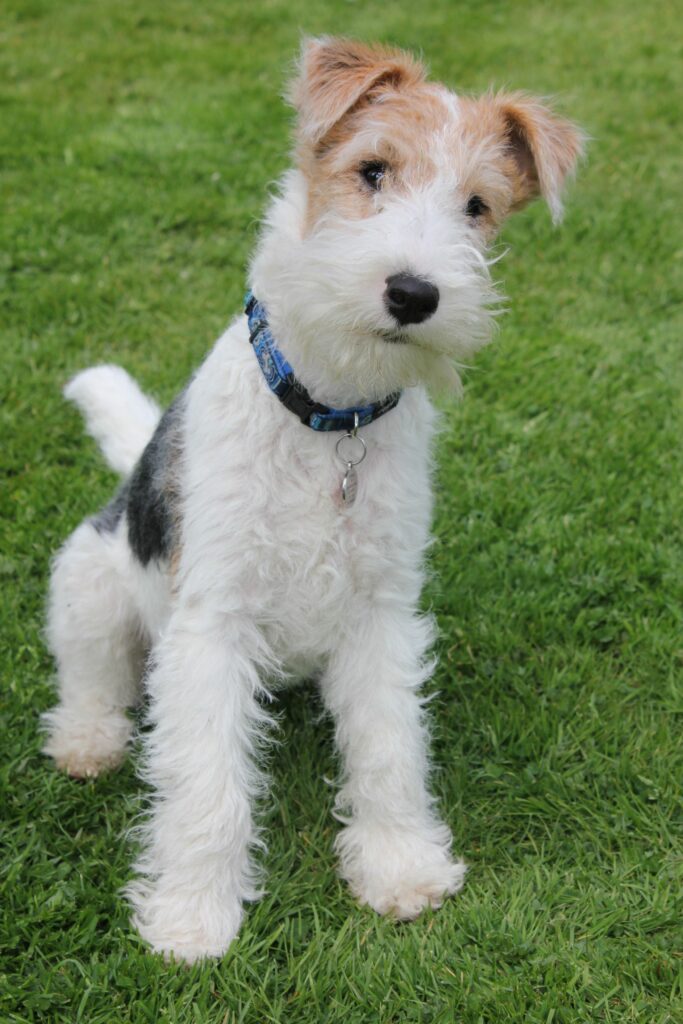Tibetan Mastiff
Loyal and affectionate
History and General Information of Tibetan Mastiff dog breed
General Information: The Tibetan Mastiff, often referred to as the “Do-Khyi” in Tibetan, is a guardian breed originally from the Himalayan region, including Tibet, Nepal, and parts of India and China. They are known for their imposing presence, thick double coat, and protective instincts.
History: Tibetan Mastiffs have a history dating back thousands of years. They were bred by Tibetan nomads to protect livestock from predators, including wolves and snow leopards. This breed’s ruggedness and independence made them well-suited to the harsh Himalayan terrain.
Dog Breed Traits
Breed traits that should one consider before going through a list of all dog breeds for adoption or purchase.
Size:
- A large and sturdy breed, typically weighing between 70 to 150 pounds (32 to 68 kilograms) and standing around 24 to 26 inches (61 to 66 centimeters) tall at the shoulder.
Adaptability:
- They are adaptable to various living environments but require a spacious area to move around. They are well-suited to colder climates due to their thick coat.
Allergies:
- Tibetan Mastiffs are not known to be particularly prone to allergies.
Friendliness with Family/Known People:
- They are loyal and affectionate with their families. However, they can be aloof and independent in nature.
Behaviour Towards Strangers (Guarding Trait):
- Tibetan Mastiffs are natural guardians and can be reserved or aloof with strangers. Their protective instincts are strong.
Friendliness Towards Kids:
- When raised with them, they can be good with children. However, their protective nature may lead them to be cautious around unfamiliar kids.
Hair/Fur Shedding:
- They have a thick double coat that sheds seasonally. Regular brushing helps manage shedding.
Activity/Energy Level:
- They have a moderate energy level and enjoy daily walks and playtime. They are not excessively active.
Life Span:
- The typical lifespan of Tibetan Mastiffs is around 10 to 14 years with proper care.
Training Difficulty:
- They are intelligent but can be independent and strong-willed. Early socialization and consistent training are essential.
Behavioural History:
- Tibetan Mastiffs have a long history as guardian and protector dogs for livestock and nomadic communities in the Himalayan region.
General Health:
- They are generally a healthy breed but can be prone to certain health issues, including hip dysplasia and certain genetic conditions. Regular vet check-ups are important.
Tibetan Mastiffs require experienced owners who understand their protective instincts and independent nature. They can make loyal and devoted companions for those who can meet their needs for socialization, training, and exercise.
Available puppies
Tibetan Mastiff available puppies

